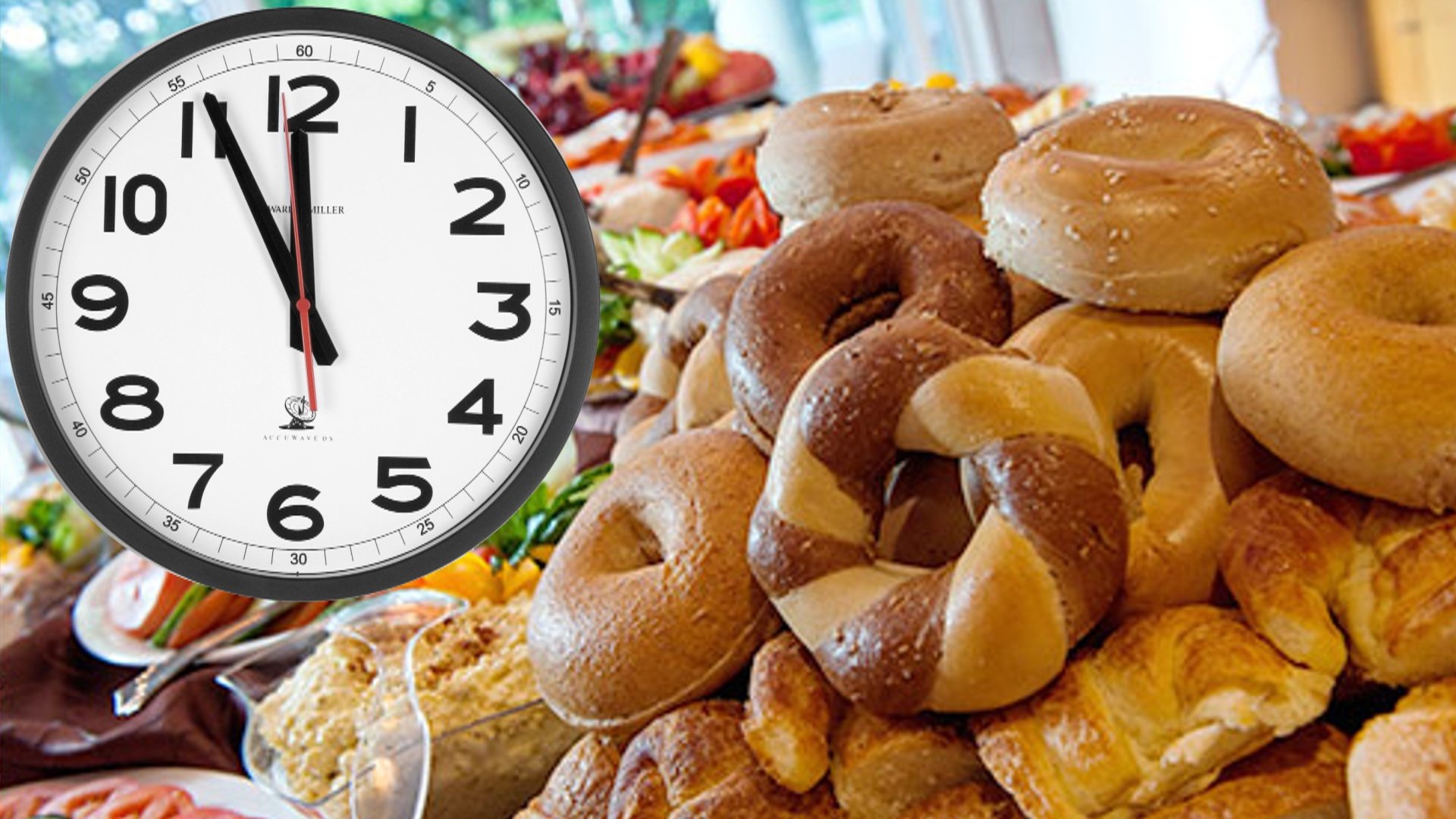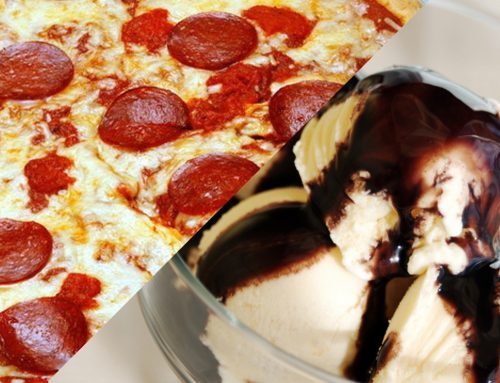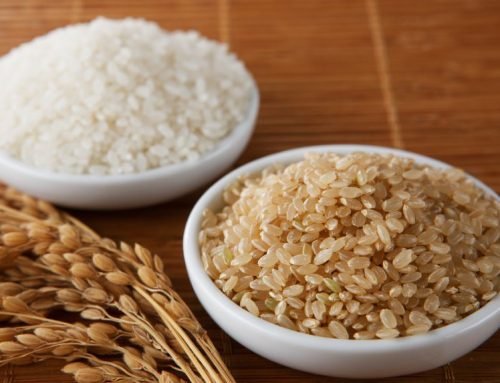Since I’ve been looking at carbs in my last couple of articles I thought it would be a good opportunity to take a look at another topic heavily debated in the fitness world. That of insulin sensitivity and exactly how much stock should be placed on carb timing. Or even if these theoretical times exist.
For many timing carbs when you are most insulin sensitive seems important because the more glucose you can dispose using less insulin will be better as it will reduce fat accumulation. If you spike insulin too fast you raise your blood sugar. Your body releases insulin to bring blood sugar down. Unfortunately you can only bring down so much blood sugar at one time so if you consume too much of it, your body may store some of it as fat. Perhaps better put would be your liver and muscles can only store so much glycogen, so excess will be stored as fat. This is why those of us who do a lot of resistance training not only can eat more carbs, but should. Your muscles need those glycogen stores to be effective. But if you are inactive, well then the chances of your muscles taking up that glycogen are pretty low, and it becomes that much easier to be stored as fat. But I find it unlikely anyone reading this article to be inactive…

Now regarding timing, specifically about time of day. There is in fact research available that shows insulin sensitivity to be worse at night compared to the morning. (1) What this fails to address, however, is the fact that your morning meal comes after fasting overnight while you sleep. To be more fair it would be better to look at eating a meal such as lunch compared to eating a meal at dinner. This is something Biston et al. (1996) (2) looked at. They took nine young subjects and spaced out their meals between 8:30 AM, 2:00 PM and 8:00 PM giving them the same amount of carbohydrates at each meal. They found that insulin sensitivity and glucose tolerance were different between the morning meal and the other two meals but there was no difference between the 2:00 PM meal and the evening meal. I think it would be fair to say it’s not the time of day that influences insulin sensitivity, but how long you’ve gone without stimulating an insulin release (like an overnight fast.)
This would also fall in line with the research by Sofer et al. (3) that showed police officers who ate the majority of their carbs at night had baseline insulin levels significantly lower than those eating carbs throughout the day. It was the long layoff from carbs that improved insulin sensitivity, not the time of day.

While it does appear that insulin sensitivity is decreased with age (4) there is also research that shows it may have more to do with lifestyle habits than it does aging itself. (5) Insulin sensitivity is increased when you lower body fat percentage (6) and the ability to reverse insulin resistance with exercise appears to be the same regardless of age. (4) Certainly good news for anyone getting up there in age who wants to improve their health and body composition.
Exercise has also been shown to increase insulin sensitivity during and for a while after exercise. (7) This is partially why you’ve probably heard it’s important to get some fast carbs in your system post-workout. For one you are more insulin sensitive post-workout but also people believe because insulin is a potent storage hormone it will help shuttle the amino acids you consume post-workout into your muscles and help increase muscle-protein synthesis thus making insulin a very anabolic hormone. However, insulin actually isn’t anabolic under normal physiological conditions on it’s own in adults (a topic I will be covering at a later time) and even in combination with protein post-workout research shows no significant difference in muscle-protein synthesis. (8)
Just because insulin isn’t anabolic, however, doesn’t mean there isn’t some merit behind eating carbs post-workout. Since working out increases insulin sensitivity you are more carb tolerant post-workout. So eating a larger portion of your carbs post-workout could make some sense. You just don’t need to spike insulin with 100+ grams of simple carbs as you’ve probably often heard in popular bodybuilding magazines. The only reason you would want to be sure to replenish glycogen stores immediately post-workout would be if you have another workout utilizing the same muscles coming later that day. Otherwise, you are going to replenish your glycogen stores eventually.

With all of that said, however, there are a couple of things to keep in mind. 1) Nutrient timing takes a back seat to your total daily calorie and macronutrient intake. You should never prioritize nutrient timing over those two things as they are much more important. 2) I personally believe if you do want to time your carbs the best two times would be both pre and post-workout. But again, not at the sacrifice of your daily numbers. If pre and post-workout carbs don’t make sense for your schedule or lifestyle, don’t do it. It’s not a huge deal. Remember, there may be more “optimal” ways to do things, but unless you are nailing the most important factors first, it’s a waste of time to worry about the rest.
For more information be sure to subscribe to my YouTube channel.





